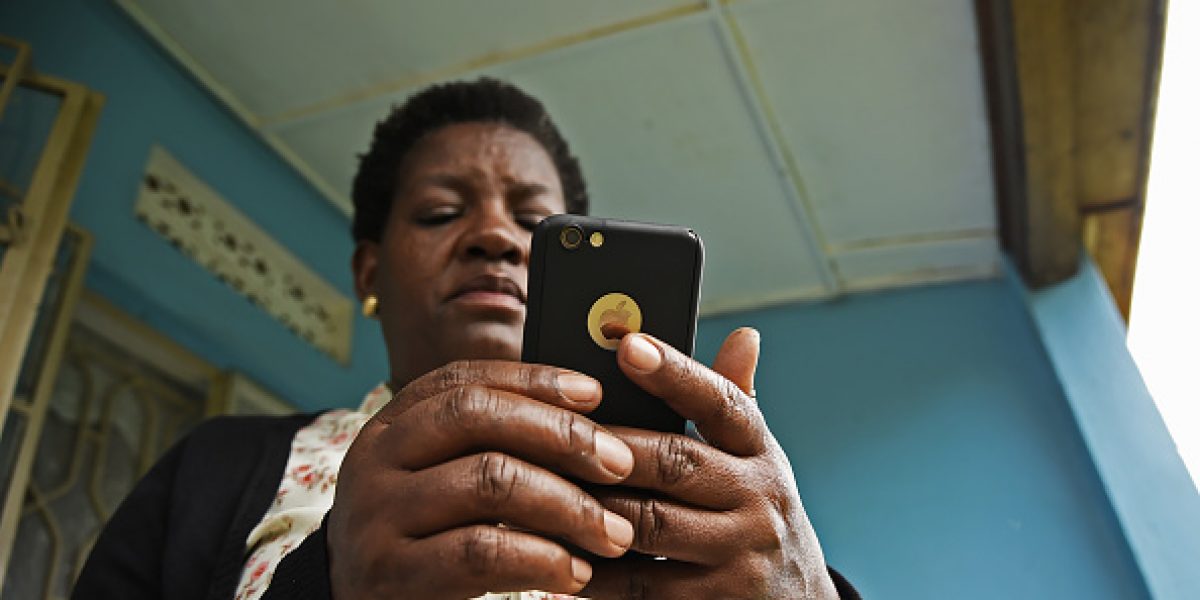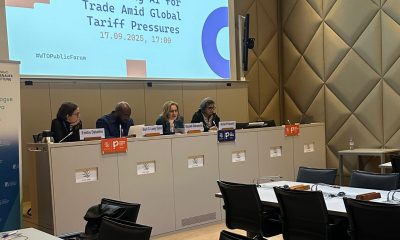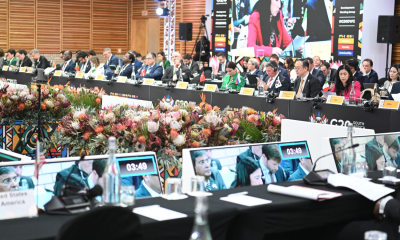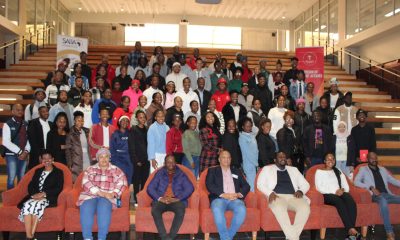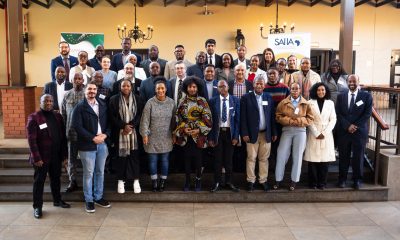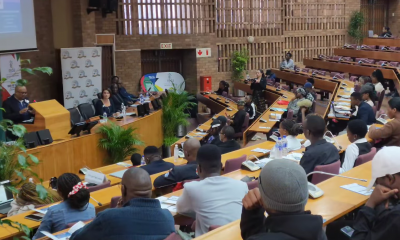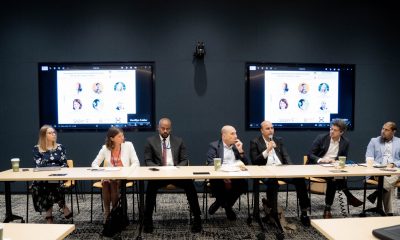As it stands, Africa has a vast number of regional economic communities (RECs) with overlapping membership and policy aims, as well as a continental body, the African Union. The interaction of these organisations with other global organisations such as the United Nations, the World Trade Organisation and the European Union (to mention a few), has wide-ranging implications for Africa and its people.
The latest edition of the South African Journal of International Affairs (SAJIA) examines the role of international organisations in Africa and their success in providing a coherent and coordinated political, economic and social agenda to address the continent’s needs. As it stands, Africa has a vast number of regional economic communities (RECs) with overlapping membership and policy aims, as well as a continental body, the African Union. The interaction of these organisations with other global organisations such as the United Nations, the World Trade Organisation and the European Union (to mention a few), has wide-ranging implications for Africa and its people.
In this special issue on “International Organisations in Africa”, SAJIA Volume 18 No.2, August 2011 brings together noted contributors who draw on empirical analysis in various policy areas including security, human rights, economics, food security and climate change.
The journal articles are as follows: (Click on the image, below right, for further details on this journal)
Overlap and interplay between international organisations: theories and approaches by Malte Brosig
Introduction
The regional rots of the African peace and security architecture: exploring centre-periphery relations by Anthoni van Nieuwkerk
This article explores the consequences of institutional interplay in the security area and primarily focuses on the interplay between the AU and RECs.
Human rights in Africa: normative, institutional and functional complementarity and distinctiveness by Frans Viljoen
This article analyses the relationship between Africa’s regional human rights system and the UN system.
Regional economic integration in Africa: impediments to progress?
by Rodrigo Tavares and Vanessa Tang
This article demonstrates how RECs in Africa are effectively hindering further economic integration at the continental level.
The International Food Safety Complex in Southern Africa: cooperation or competition?
by Chenai Mukumba and David J Hornsby
This article presents a more cooperative narration of international organisations’ interplay and analyses the emergence and impact of the food safety complex in Southern Africa. It sketches out the different IO’s involved in the establishment of the food security complex and demonstrates how densely these institutions are interlinked.
Sustaining the African common position on climate change: international organisations, Africa and COP 17
by Lesley Masters
This article analyses how regional overlap and nestedness is affecting the ability of Africans to formulate a common position in climate change negotiations.
About SAJIA:
The South African Journal of International Affairs is a peer-reviewed, vibrant interdisciplinary forum for debate on all foreign policy issues affecting Africa in general or South Africa in particular. Published three times annually, and appearing in both print and online form, the journal has taken on increasing prominence since its inception in 1993. SAJIA aims to be both analytically rigorous by contributing to the academic discourse on a range of subjects; and practically useful by offering constructive policy recommendations for decision makers in and out of government. The journal has by now gained a worldwide readership and reports a nearly ten-fold yearly increase in the rate of full article downloads in the period since it was launched by Routledge of Taylor and Francis online, in 2008.
Call for Papers:
Editor-in-Chief Elizabeth Sidiropoulos and Managing Editor Martha Bridgman invite submissions. SAJIA is seeking unsolicited article submissions on all international relations topics pertinent to the continent, especially articles written by African authors. Articles must be original in content and while emphasising the African or South African perspectives and experience, they should address issues of global importance that affect African international affairs. Article submissions should be between 6000 and 9000 words in length, accompanied by an abstract of 150 words.
Click here for further details of the submission process.

